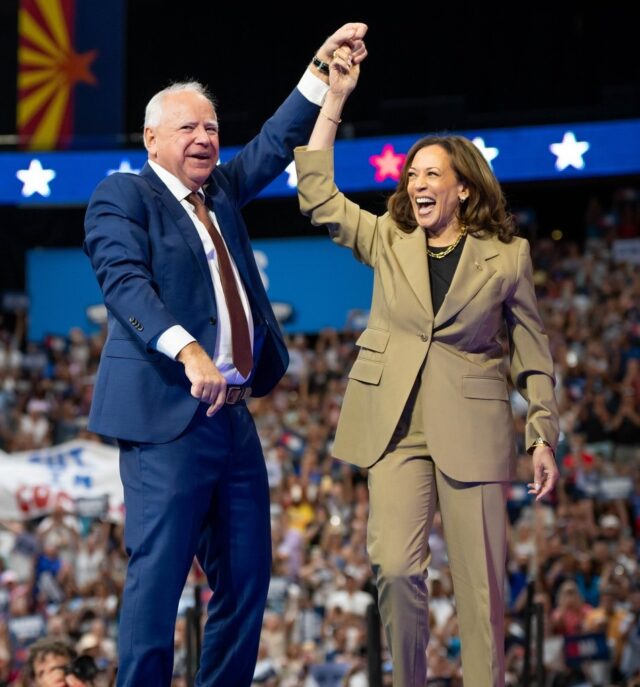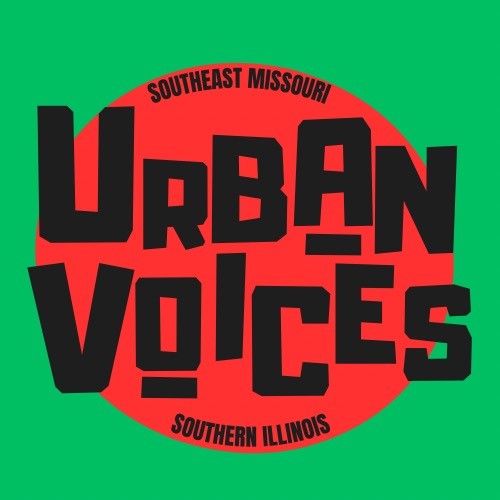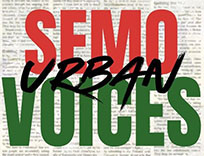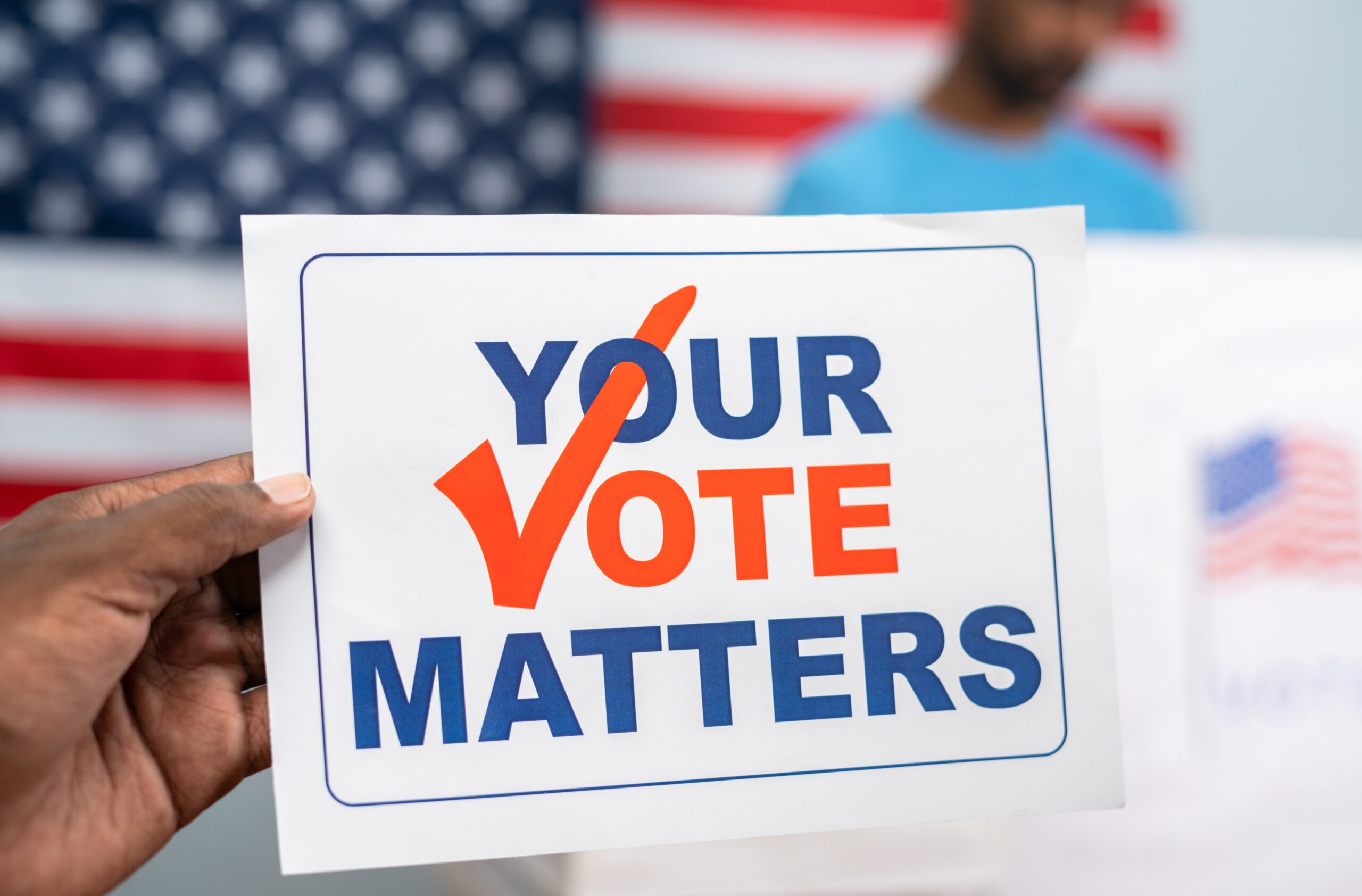
Kamala Harris took Donald Trump to task in their recent debate, making it clear that she stands for working families while Trump continues to cater to billionaires. She laid out a strong vision for the future, especially on issues like abortion rights and economic justice. Yet, despite Harris’s powerful showing, there’s still a long road ahead for her and her running mate, Governor Tim Walz.
Their campaign is gaining momentum, but to secure victory, they must win over rural and working-class voters—especially in places like Southeast Missouri and Southern Illinois, where factory closures, the opioid epidemic, and inflation have devastated communities. In these areas, where people feel economically abandoned, the Harris-Walz campaign has a unique opportunity to make a difference with a populist message rooted in kitchen-table economics.
For many rural voters in Missouri and Illinois, the economic promise of previous decades has been shattered. Once-prosperous towns, built on factory jobs, have seen their lifelines vanish. These communities were hit hard by the 2008 financial crisis and have yet to recover. Meanwhile, media consolidation has left many of these areas flooded with conservative propaganda, making it difficult for alternative voices to be heard.
This is where Harris and Walz can make their mark. They have the potential to resonate deeply with these disillusioned voters by focusing on economic populism—a message that promises to stand up to corporate greed, create jobs, protect Social Security, and expand access to healthcare. Polling shows that voters are wary of both parties on corporate special interests, but Democrats have an edge. The Harris-Walz ticket must sharpen that advantage by making the case that they will fight for rural voters in ways that the Republican Party, with its ties to wealthy donors and big business, never will.
Missouri and Illinois’s rural voters don’t want vague promises—they want policies that will improve their lives. Harris and Walz must be explicit in how they will bring back good jobs to the region, hold Big Pharma accountable and ensure affordable healthcare. Specific plans to rebuild rural economies will win over skeptical voters who have grown tired of empty campaign rhetoric.
However, electing Harris and Walz is only the first step. Without a Congress and state legislators who are committed to working with the administration, the Harris-Walz agenda will remain stalled. If we want to see meaningful change, we must also focus on down-ballot races, both nationally and at the state level, where legislators will either help or hinder Harris’s ability to govern.
Winning over rural voters won’t be easy. Many have grown cynical about national politics and are skeptical of campaign ads, which often seem detached from their daily struggles. That’s why local community organizing will be essential. The Harris-Walz campaign should partner with trusted local leaders and media outlets like Urban Voices in Cape Girardeau, which speaks to African American communities in Southeast Missouri and Southern Illinois. By working through local networks, the campaign can reach voters where they live, bypassing the wall of conservative media that dominates much of the rural airwaves.
Missouri and Illinois’s rural population isn’t monolithic. While the region is home to working-class white voters, it also includes African American voters who may feel overlooked by the political process. Publications like Urban Voices have already been highlighting the issues facing Black communities in the region, and Harris’s candidacy could energize these voters if the campaign makes a concerted effort to engage them.
A key strategy for Harris-Walz will be building a multiracial coalition of working-class voters—black, white, and Latino—who share common struggles. Both groups are facing job losses, inadequate healthcare, and stagnant wages. If Harris and Walz can show how their policies will lift all communities, they can break down the racial divides that Republicans often exploit to their advantage in rural areas.
An immediate, tangible way the Harris-Walz campaign can make inroads in places like Cairo, Illinois, and the south side of Cape Girardeau is through food justice. Both areas are food deserts, where access to fresh, affordable groceries is limited. The push for a community grocery store in Cape Girardeau, which offers local produce, meats, and other essentials, should be part of the campaign’s broader economic populist message.
By focusing on investing in local food systems, supporting small farmers, and improving access to healthy food in underserved communities, Harris and Walz can address a direct need in these rural areas. Food justice isn’t just about improving health outcomes; it’s about rebuilding local economies and offering rural voters something concrete to believe in.
As Harris and Walz fight to win the White House, they need support from national and state legislators who will work to implement their policies. A Harris Walz administration cannot act alone. For her bold vision to become a reality, voters must also elect candidates who are aligned with that vision, particularly those running for the U.S. Senate, House of Representatives, and state legislative positions.
Many of these down-ballot races are taking place in the same battleground states where the Harris-Walz ticket needs to succeed—Pennsylvania, Wisconsin, Michigan, and Ohio, to name a few. In states like Missouri and Illinois, electing state legislators who are committed to expanding healthcare, raising wages, and investing in rural infrastructure is crucial to creating the local change voters want to see.
Without supportive legislators, the ambitious goals of the Harris-Walz administration—whether it’s protecting voting rights, ensuring affordable healthcare, or tackling climate change—will face significant obstacles. That’s why this election is about more than just the presidential ticket. It’s about building a governing coalition at every level of government that is dedicated to improving the lives of working families.
The Harris-Walz campaign is on an upward trajectory, but the race is far from over. To secure the presidency and successfully implement their agenda, they must reach working-class voters in rural Missouri and Illinois, many of whom have felt forgotten by both parties. These voters are not unreachable, but they need to be convinced that Harris and Walz understand their struggles and have real solutions to offer—and that their vote for local legislators is just as critical as their vote for the top of the ticket.
The stakes are high. If Harris and Walz can rally rural voters around kitchen-table economic issues, a populist agenda, and the need for strong legislative support, this election could go from a nail-biter to a decisive victory. By showing rural voters that they are heard and valued, the Harris-Walz ticket can win the critical votes needed in Missouri, Illinois, and beyond—while ensuring the support necessary to carry out their policies once in office.
The path to victory runs through small towns and it’s a path we must take. Now is the time to act—and to win.





























